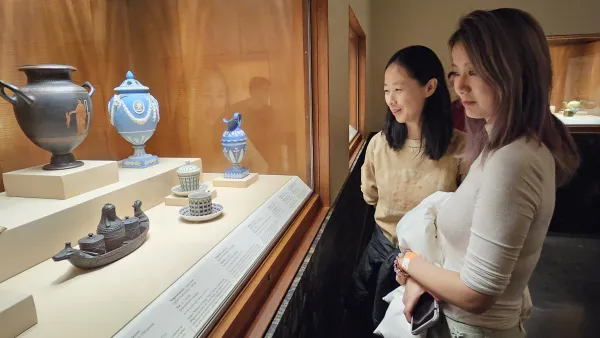As I reflect back upon the past academic year, which corresponds with my first year serving as department chair, many things come to mind — chiefly, things that have nothing to do with East Asia per se. In the first place, I am writing this at home, comfortably sheltered from the pandemic that has transformed our lives over the past three months and will continue to do so. Social distancing has been our lifeline, as we are so often reminded. But it has also deprived us of the physical companionship that so enriches our lives. Zoom has enabled us to continue teaching and to gather together, in a manner of speaking. But it cannot substitute for the immediacy of touch and feel that we crave. In short, I miss our beautiful campus, which has come to resemble a perfectly-manicured Hollywood set minus the actors. I miss my Busch Hall colleagues and co-workers, and the chance encounters and hallway chats that are so easily taken for granted, until they are gone. And most of all, I miss my students and all the young people who are a constant reminder of what I do for a living and why I love doing it.
Friday, May 15 was to have been commencement day — the joyous culmination of years of study by our degree-earning undergraduates and graduate students. "Virtual" celebrations were held, of course, and did serve their intended purpose. But they are a pale substitute for the 'pomp and circumstance' of faculty in their academic regalia and thousands of proud parents and friends gathered together in the Brookings quadrangle. One might cynically dismiss the value of such academic rituals, but to my mind, they count as rites of passage that are deeply meaningful, for both students and faculty.
Having bid farewell and godspeed to the class of 2020, we anxiously await word of plans for the upcoming academic year. Uncertainty reigns, and we find ourselves caught between hope for a semblance of normalcy and the dread of an expanding pandemic and a sadly compromised educational experience — not to mention the uncertain prospects for the broader social and economic realms.
But lest these remarks descend into fatalistic hand-wringing, I happily note that this past academic year did in fact come to a successful close, notwithstanding the obstacles along the way. We managed, against all odds, to convert to on-line instruction over a span of days. I’m proud to say that EALC faculty managed the transition remarkably well. In particular, the daunting challenge of converting our highly-interactive language classes to synchronous on-line instruction was handled remarkably well.
Transition is the watchword, on many levels. As you are all aware, WashU has entered a major transitional phase. We have welcomed our new chancellor, Andrew Martin, and are about to welcome a new provost and Arts & Sciences Dean of the Faculty. What is more, the Graduate School will have a new interim dean. Our path forward will reflect the priorities and principles of our new leadership, and I for one am confident that we will be in good hands and that the university has a bright future in store.
Which bring me to EALC, and my thoughts on where this department stands. In a sense, our educational mission remains the same, despite (and perhaps owing to) the changes and challenges that we face. We espouse a commitment to instruct our students in the languages, cultures, and literary works of East Asia — China, Korea, Japan, Taiwan — and to engage our students in active dialogue regarding the societal, ethical, and cultural issues that are raised by the materials that we study. As a humanities department, EALC has a vested interest in promoting the critical investigation of, and engagement in, issues that concern people across the globe and that reflect upon the human condition in meaningful and personally rewarding ways. In other words, we are committed both to deepening our understanding of East Asia as a region while connecting with humanist colleagues across the university and beyond in our shared efforts. Notwithstanding our regional "brand name," we cannot and must not exist in isolation from colleagues across the disciplinary and geographic spectrum.
I should also note that acquiring language proficiency happens to be a primary concern for many of our students. Our programs in Chinese, Japanese, and Korean are notably successful in helping our language learners achieve their goals. One of our aims, as I see it, is to better integrate language study and our instruction in cultural and literary texts and traditions. And insofar as student interest in East Asia continues to change, our curricular offerings will need to keep pace with such changes in order to remain relevant.
In closing, I wish to acknowledge my colleague Rebecca Copeland, whose six-year chairship of EALC was instrumental in strengthening the department — and making my own transition to the position so effortless. And to Krystel Mowery, administrative coordinator extraordinaire — I can’t thank you enough for keeping the departmental ship on an even keel.
In looking back on thirty-five years on the Washington University faculty, I am deeply grateful for the opportunities that I’ve been afforded, the wonderful colleagues and students that have sustained me, and the prospect of yet more good things to come.

